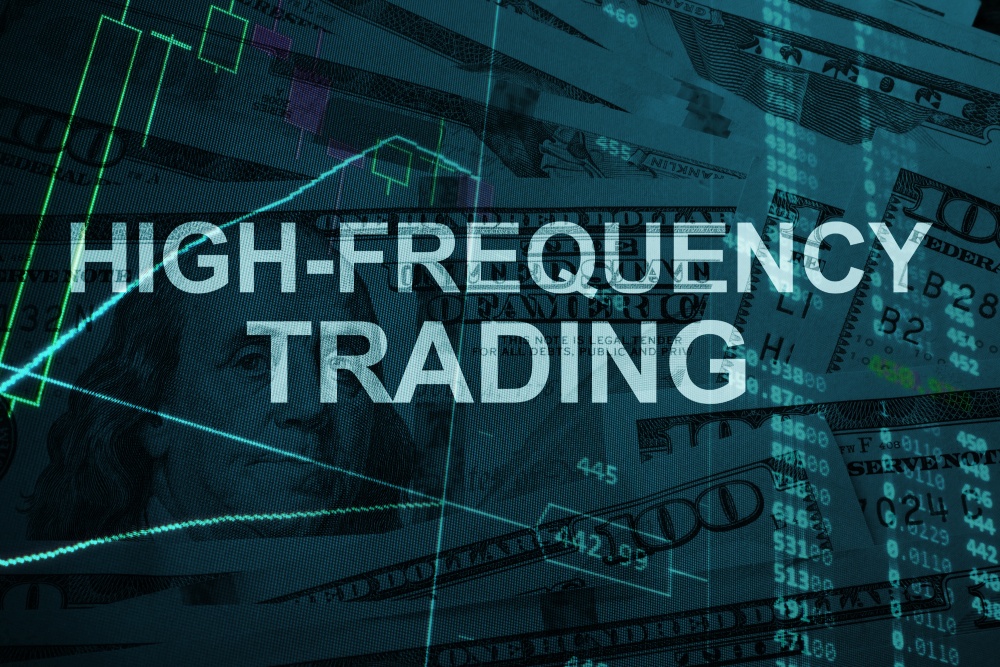A closer look on the pros and cons of using leverage in trading

What is leverage?
Leverage is a concept frequently used in trading, refers to the ability to control a large position in the market with a relatively smaller amount of capital. While it can amplify potential gains, it also carries risks. In this article, we will explore the advantages and disadvantages of leverage in trading to help investors make informed decisions.
Advantages of Leverage in Trading:
1. Amplified Profits: leverage allows traders to significantly increase their potential returns. By controlling a larger position than their capital allows, traders can multiply their gains if the market moves in their favor. This potential for magnified profits attracts many investors to leverage trading.
2. Greater Market Exposure: trading with leverage enables investors to access markets they might not have participated in otherwise. It allows them to diversify their portfolios and take positions in different instruments and markets, thereby increasing their potential for profits.
3. Lower Capital Requirements: one of the main attractions of leverage is the ability to open larger positions with a relatively lower amount of capital. This feature makes trading accessible to individuals with limited funds. Traders can participate in the market with lower upfront investments as compared to traditional trading methods.
4. Flexibility: leverage provides traders with flexibility and the ability to quickly enter and exit positions. It allows for more frequent trading and the ability to act on market opportunities in real-time, without requiring substantial capital.
Disadvantages of Leverage in Trading:
1. Magnified Losses: the biggest disadvantage of leverage trading is the potential for amplified losses. Just as gains are magnified, so are losses. If a position moves against a leveraged trader, even a small market fluctuation can lead to substantial losses, potentially exceeding their initial investment.
2. Increased Risk: leverage increases the overall risk exposure of a trade. The higher the leverage used, the greater the risk of excessive losses. A sudden market downturn or an unexpected event can wipe out a trader's account entirely if not managed properly.
3. Emotional Distress: leverage trading can be emotionally challenging, as greater financial risk can lead to increased stress and impulsive decision-making. Emotions such as fear and greed can influence traders to make poor choices, deviating from their original, well-reasoned strategies.
4. Margin Calls: leverage trading requires maintaining a minimum margin level. If the account falls below the required margin due to losses, traders may be faced with a margin call from their broker, demanding additional funds. Failure to meet this requirement can lead to the closure of open positions, resulting in further losses.


